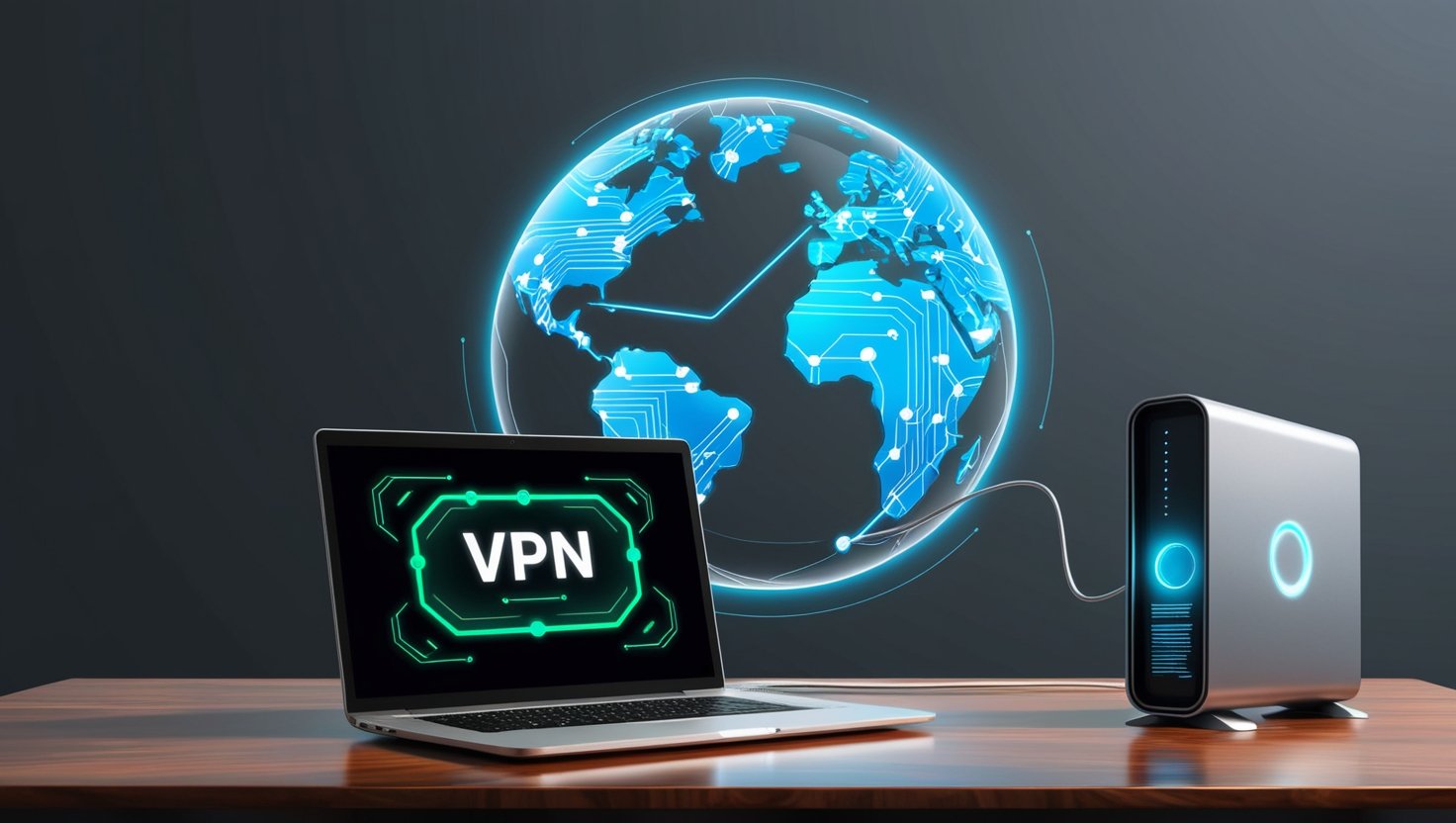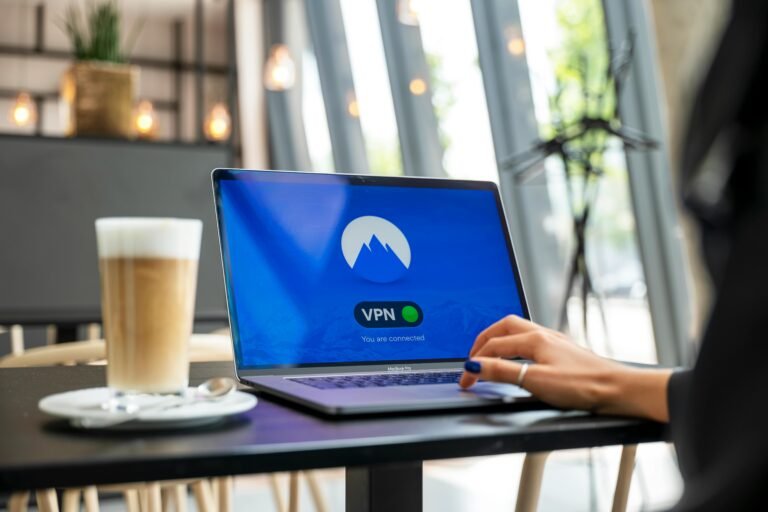A VPN (Virtual Private Network) is a tool that creates a secure, encrypted connection between your device (like a phone or computer) and the internet. It hides your online activities by sending your data through a private tunnel, making it harder for others (like hackers, websites, or even your internet provider) to see what you’re doing.
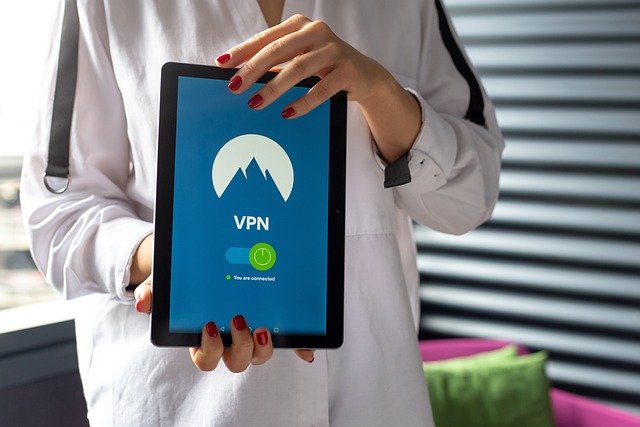
Here’s how a VPN (Virtual Private Network) works, simplified into seven steps:
- Connection Setup: You connect to the internet via a VPN app or service.
- Encryption: The VPN encrypts (scrambles) your internet traffic.
- Secure Tunnel: Your data travels through a secure, private “tunnel” to a VPN server.
- VPN Server: The VPN server acts as a middleman, sending your requests to websites.
- Anonymity: Websites only see the VPN server’s IP address, not yours.
- Data Encrypted Back: The server encrypts the data you receive, sending it back through the tunnel.
- Decryption: Your VPN app decrypts the data, so you can view it securely and safely.
This keeps your activity private and secure!
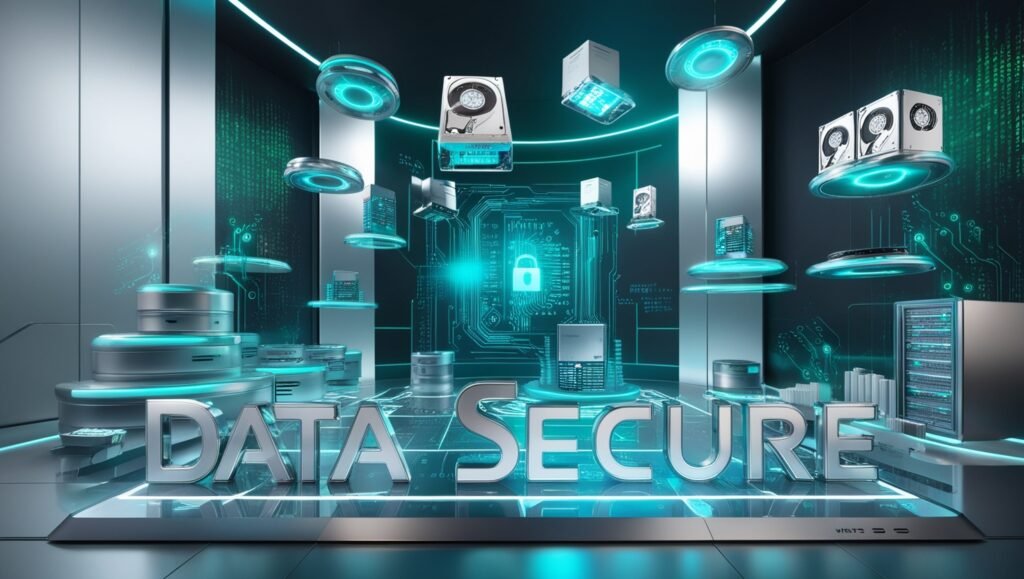
The Benefits of a VPN
Using a VPN offers several benefits that enhance privacy, security, and online freedom. Here’s a breakdown of the main advantages:
1. Privacy Protection
- Hides Your IP Address: It masks your real IP address, making it harder for websites, services, and advertisers to track your location and online activities.
- Prevents Tracking: Your internet provider or government can’t easily see what you’re doing online, as your activity is encrypted.
2. Enhanced Security
- Data Encryption: VPNs encrypt your data, protecting it from hackers, especially when using unsecured public Wi-Fi networks (like in cafes or airports).
- Protection Against Cyber Attacks: It adds a layer of protection from cyber threats like phishing, hacking attempts, and data interception.
3. Access Geo-Restricted Content
- Bypass Censorship: If you’re in a country with internet restrictions, a VPN allows you to bypass censorship and access blocked websites and services.
- Stream Foreign Content: You can access streaming services or websites that are available only in certain regions (like watching Netflix content from other countries).
4. Safe Public Wi-Fi Usage
- Security on Public Networks: Public Wi-Fi is often insecure and easy for hackers to exploit. A VPN secures your connection, making it safe to browse, shop, or bank online when using public networks.
5. Anonymous Browsing
- Browse Without Being Identified: A VPN helps you stay anonymous online by masking your browsing history from third parties, including advertisers or websites that track user behavior.
6. Avoid Throttling
- Faster Internet Speeds: Some internet service providers (ISPs) slow down your connection based on your activity (like streaming or gaming). With a VPN, ISPs can’t see what you’re doing, helping avoid this throttling.
7. Remote Access
- Access to Work Networks: For remote workers, VPNs allow secure access to corporate or work networks, ensuring that sensitive company data remains secure while working from different locations.
In short, it enhances your privacy, security, and freedom on the internet, making it a valuable tool for online safety and accessibility.
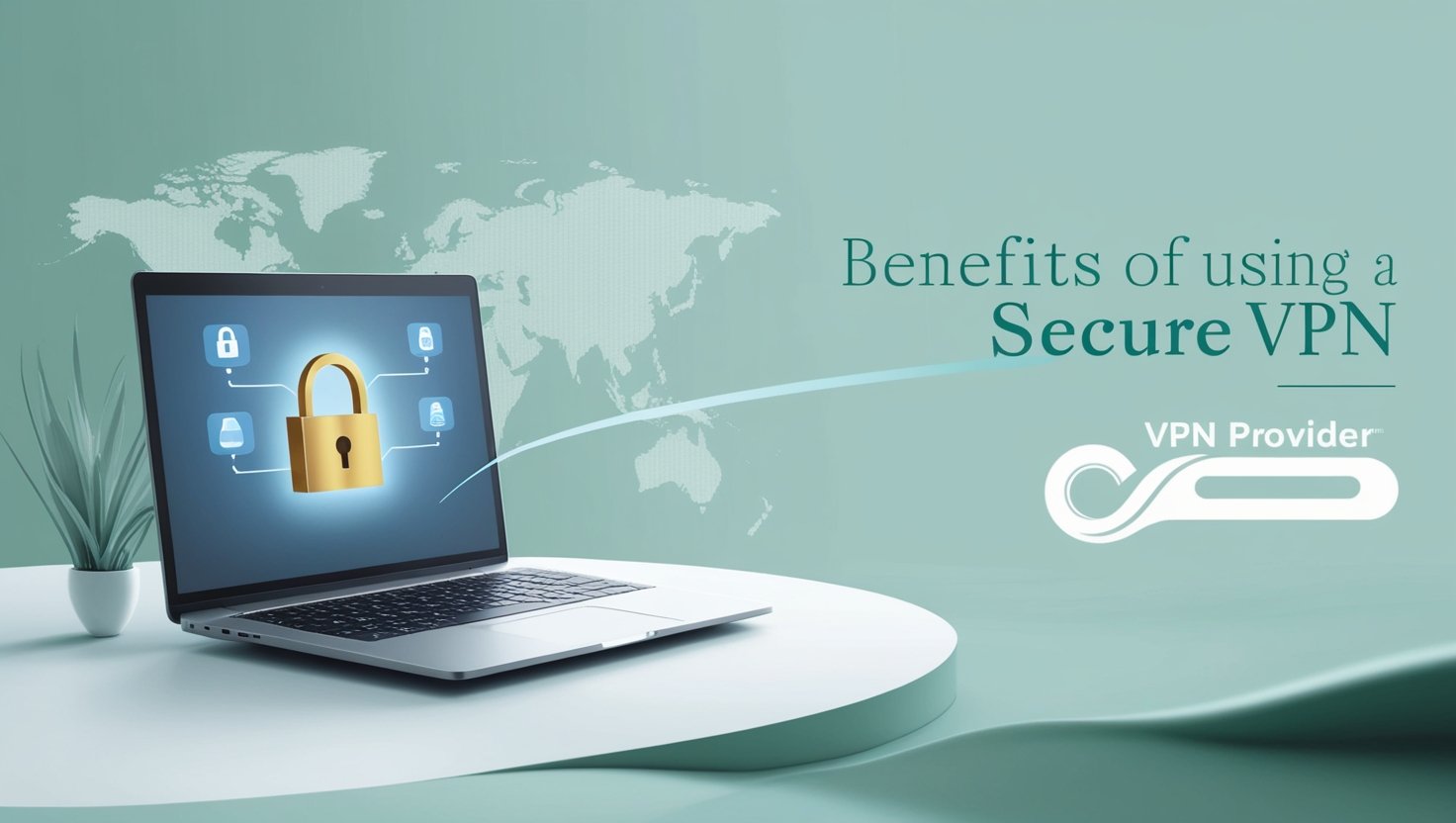
The Five best features of a VPN
The five best features of a VPN that make it a valuable tool for online security, privacy, and accessibility:
1. Encryption
- Secure Data Transmission: VPNs use strong encryption protocols (like AES-256) to protect your internet traffic. This ensures that any data you send or receive is scrambled and unreadable to anyone who tries to intercept it, such as hackers or snoopers.
2. IP Address Masking
- Anonymity and Privacy: By hiding your real IP address and replacing it with the VPN server’s IP, your online activities become harder to trace back to you. This provides an extra layer of anonymity and protects your location and identity.
3. Bypass Geo-Restrictions
- Access Blocked Content: VPNs allow you to access websites, apps, and streaming services that may be restricted based on your geographic location. Whether it’s accessing foreign streaming libraries, unblocking social media in restrictive countries, or accessing news sites, a VPN makes it possible.
4. Public Wi-Fi Protection
- Safe Browsing on Open Networks: Public Wi-Fi networks (in places like cafes, airports, and hotels) are often insecure, making your data vulnerable to attacks. A VPN secures your connection, ensuring your personal information is protected from potential hackers on these networks.
5. No-Log Policy
- Privacy-First Approach: A good VPN provider maintains a strict no-log policy, meaning they don’t track, store, or share your browsing activities or personal data. This ensures your data is private even from the VPN service itself.
These features collectively improve your security, privacy, and freedom when browsing the internet.
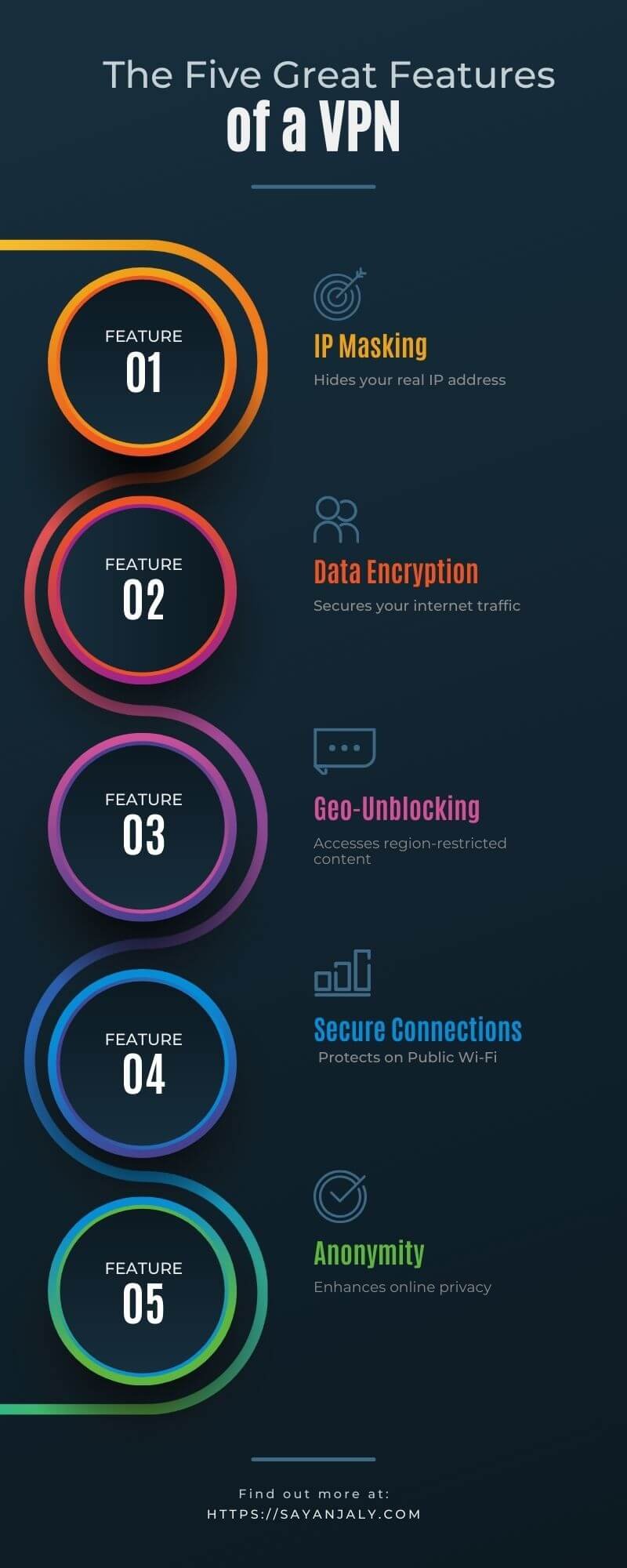
Your Personal Information is Safe
Using a VPN can enhance the safety of your personal information by encrypting your data and masking your IP address. Keep in mind that some low-quality or free VPNs may sell your data or fail to protect it properly. So, your personal information is safe only with trustworthy and reputable VPNs.
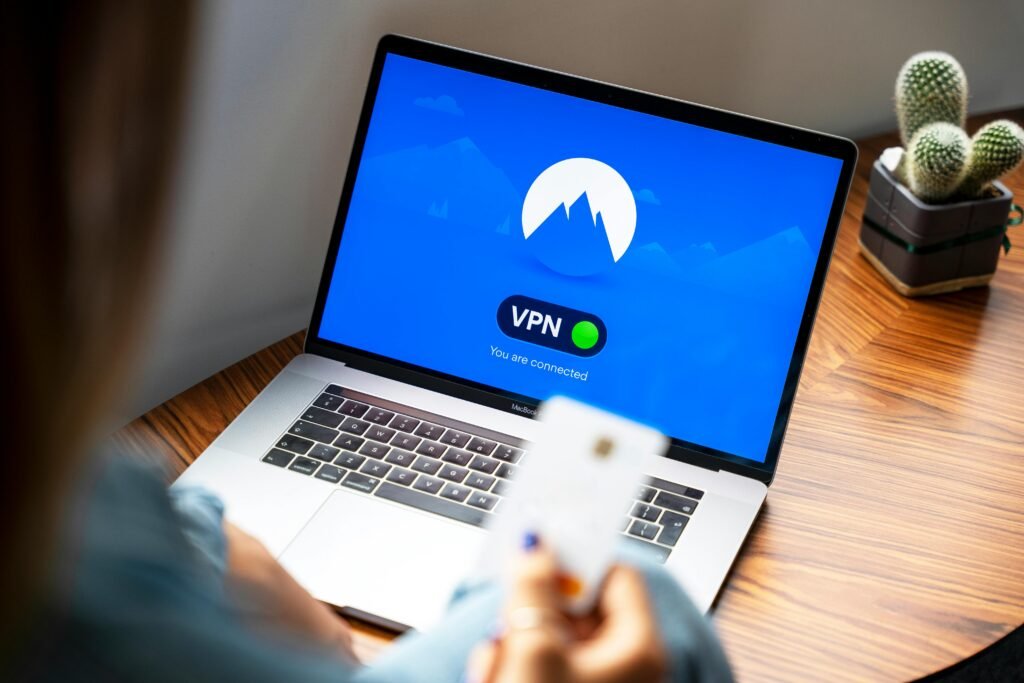
Does a VPN fix unsecured WiFi?
A VPN fixes unsecured WiFi by providing a secure, encrypted connection. Here’s how it works:
- Encryption: Even if the WiFi network is unsecured, it encrypts your data, making it unreadable to hackers or anyone trying to intercept it.
- Secure Tunnel: The VPN creates a secure “tunnel” for your data to pass through, preventing eavesdropping on your activities.
- Hides IP Address: The VPN hides your real IP address, making your identity and location harder to trace.
- Blocks Man-in-the-Middle Attacks: Since data is encrypted, hackers can’t easily perform attacks that target unprotected communications on unsecured networks.
Absolutely, by encrypting your data and hiding your identity, it protects you even on public or unsecured WiFi.



